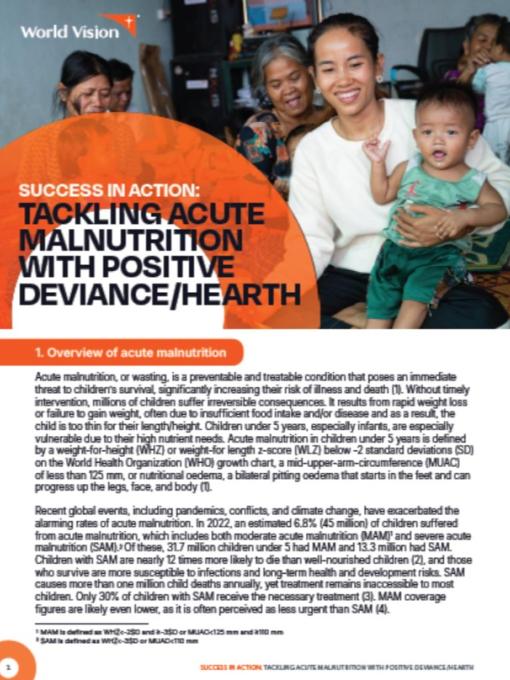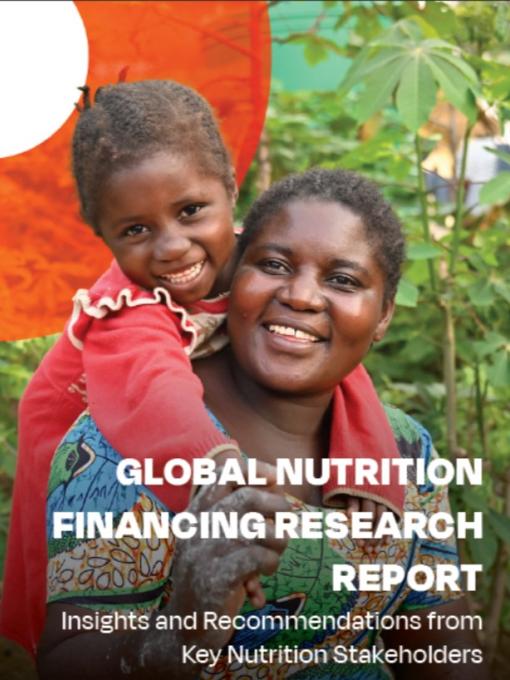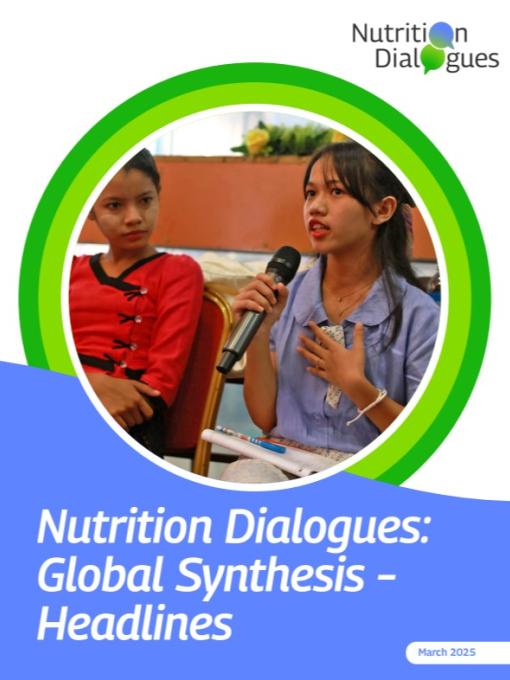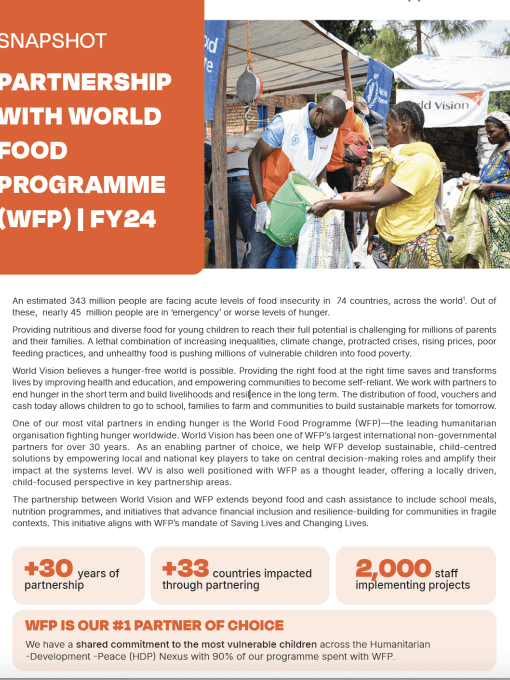Point-of-Sale Promotion and Labeling Violations of Breastmilk Substitutes in Cambodia
Download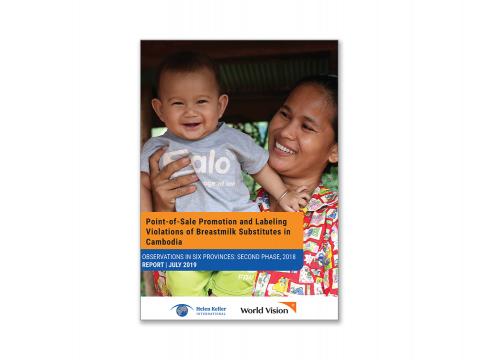
Helen Keller International (HKI) and World Vision International (WVI) in Cambodia undertook joint research in 2018 to collect information on implementation of Sub-Decree 133 (SD133) on Marketing of Products for Infants and Young Child Feeding in six provinces outside of Phnom Penh. The study collected data on the availability, promotional practices, and labeling of breastmilk substitutes (BMS) in 66 stores and pharmacies in Battambang, Kandal, Kampong Thom, Siem Reap, Preah Vihear, and Takeo provinces. Data were compared to similar research carried out in 2015 in the same provinces by HKI and WVI, to describe changes in the adherence and enforcement of SD133.
- The following findings show that BMS availability, promotions, and labeling violations continue to be widespread outside of Phnom Penh.
- The availability of BMS products for sale grew from 110 different products in 2015 to 165 in 2018. In the 66 stores visited, the research found 66 different infant formula products (to be used starting from 0-5 months of age), 53 follow-up formula products (to be used starting from 6-11 months), and 46 growing-up milks (to be used starting from 12-23 months) for sale.
- BMS availability increased in all six provinces, with the greatest number of unique products found in Siem Reap and Battambang (117 available in each province).
- BMS promotions were widespread, with 50 of the 66 stores visited (75%) promoting at least one BMS product.
- Compared to 2015, more stores were found with BMS promotions in 2018. Stores with promotions also increased by province, type of store, and type of town/city. The greatest increases were seen in district towns (39% to 67%, respectively) compared to provincial cities (80% to 87%), and in supermarkets, baby shops, minimarts (61% to 94%) compared to pharmacies (47% to 53%).
- In total, 144 promotions were found for BMS products in 2018, which is similar to the 137 promotions observed in 2015.
- Growing-up milks for children 12 months and above appeared in the most promotions (70%) in 2018, even though there were fewer of these products found for sale. The percentage of promotions including growing-up milks also doubled from 2015 and 2018 (34% to 70%).
- There was a larger number of manufacturers with BMS products for sale (36) and BMS products being promoted (29) in 2018 compared to 2015 (27 and 18, respectively). Only one manufacturer showed a noticeable decrease in the percentage of promotions found in 2018 compared to 2015, but this company was still the manufacturer with the second highest number of promotions in 2018.
- Seven types of promotional practices were assessed in the stores in 2015 and 2018. The most common type of promotion found changed from information materials in 2015 to displays in 2018.
- As in 2015, no single BMS product found across the six provinces in 2018 fully complied with SD133 or WHO’s International Code regarding labeling practices. However, on a scale of 0 to -24, with 0 indicating full compliance and -24 indicating no compliance, the average score improved from -16.2 in 2015 to -9.1 in 2018. Improvements were seen for all age categories of BMS.
- The most common violation of the SD133 labeling criteria in 2018 was that 98% of the products did not have a full label in the Khmer language; 45% of products had partial Khmer and 53% had no Khmer language.
- The other four most common SD133 label violations included: 92% contained text that idealized the use of BMS or discouraged/undermined breastfeeding; 76% had images other than ones to illustrate how to prepare the product or to identify the product as BMS; 72% did not have a statement indicating the total cost of feeding an infant with formula for the first six months; and, 63% did not have a statement saying that cup feeding is more hygienic than bottle-feeding.
These findings highlight the critical importance of monitoring and enforcement of SD133. BMS manufacturers and stores in the six provinces are widely violating SD133. Actions by the Royal Government of Cambodia are critical for ensuring adherence to regulations that protect breastfeeding and child health in Cambodia. The Ministry of Health and Ministry of Commerce have been working to improve monitoring of BMS promotions and labeling in points-of-sale, and in early 2019 the Royal Government issued financial penalties to a number of companies in violation of SD133. HKI and WVI congratulate .
